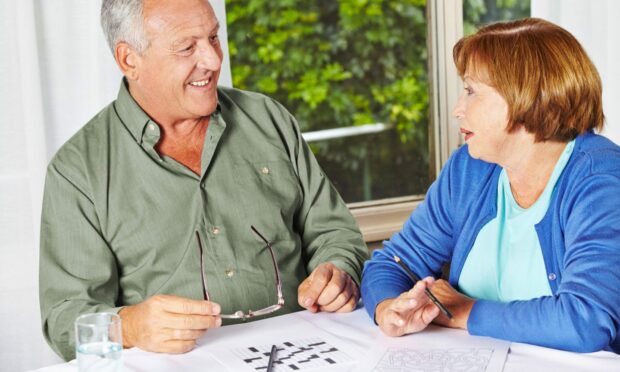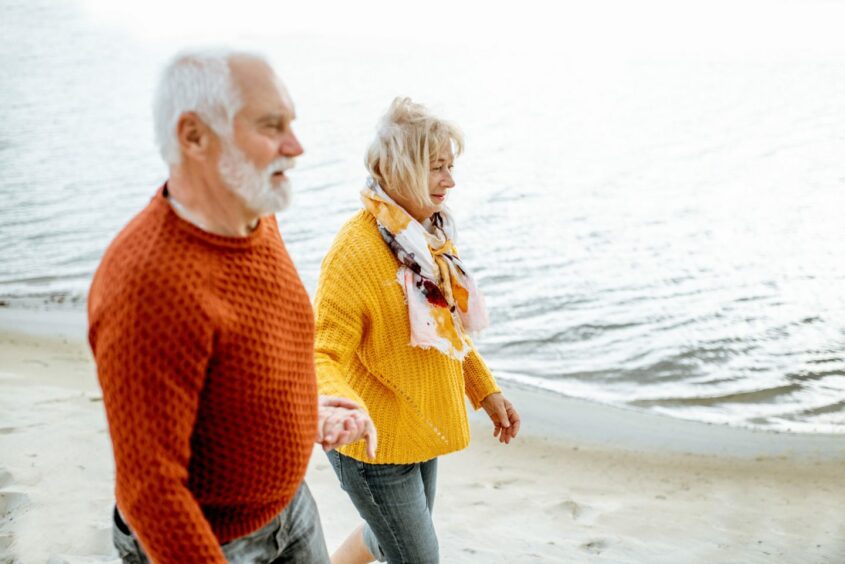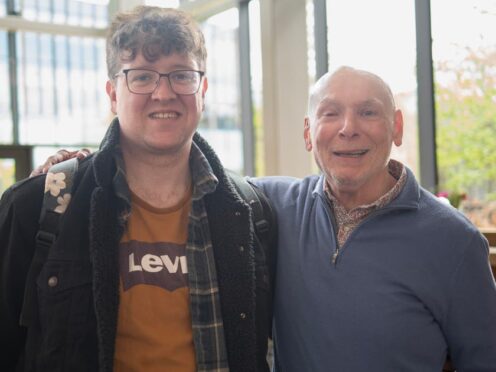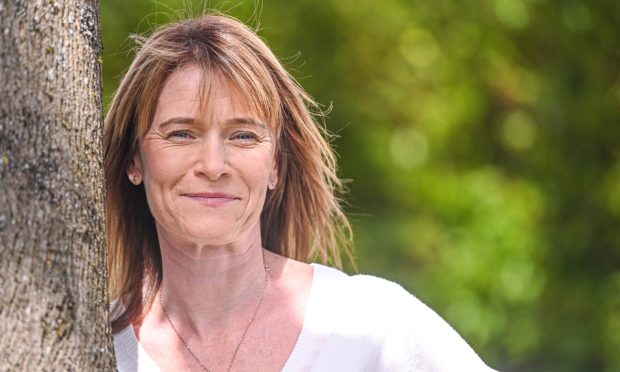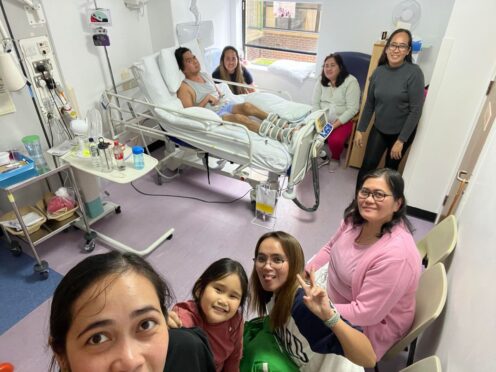Covid isn’t the only major health concern of our times – experts have been warning about dementia reaching epidemic levels too.
Already a leading cause of death and disability among older people, according to Dementia UK, by 2025 it’s estimated more than a million people across the UK and Ireland will be diagnosed.
“It’s a really big deal and incredibly common,” says Dr Emer MacSweeney, CEO and consultant neuroradiologist at Re:Cognition Health, who explains that dementia is not one disease but an umbrella term for a range of conditions that share similar symptoms affecting memory and cognitive function.
“The most common cause of dementia is Alzheimer’s disease, and the biggest risk factor by far is age. Some people may be slightly more predisposed than others, but we’re all at risk.”
The good news? Some dementia risk factors are modifiable, which means we can potentially reduce them. “As a population, if we all [did this], we can reduce the risk of dementia, or Alzheimer’s, by about a third,” says MacSweeney.
Early diagnosis and treatment are also key, so if you are experiencing any possible signs or are concerned about a loved one, have a chat with your doctor.
To mark Dementia Action Week (May 16-22), here are six ways to help reduce your risk of dementia.
1. Physical exercise
Of all the things in this list, MacSweeney believes the one that “probably has the highest effect is exercise. People really should be doing at least 40 minutes of active cardio three to four times a week,” she suggests – anything that really gets your heart rate up, like jogging, aerobics or dance classes.
If your joints and stamina aren’t up to that, MacSweeney says: “Walking, especially quick walking, is incredibly good exercise.”
2. Challenge and purpose
There’s been lots of focus on keeping our brains active – taking up a new language, musical instrument or brain-teasing puzzles, for example. Beyond this, leading public health expert Sir Muir Gray, author of Increase Your Brainability And Reduce Your Risk Of Dementia, says “challenge and purpose” is an interesting area and evidence on this “has come through very strong in the last five years”.
Beyond intellectual learning tasks, think about being mentally stretched and challenged in a deeper sense. “I often say, if you become a volunteer, even if you do other people no good, it’ll reduce your risk of dementia,” says Gray. “Expose yourself to stimulation and challenge, and if you have a sense of purpose, that’s very helpful.”
3. Keep a check on your hearing
Hearing loss is very common as we age – and while not a direct cause of dementia, it deserves a spot on this list. Chartered psychologist and Hidden Hearing ambassador Dr Dalia Tsimpida, from the Faculty of Health and Life Sciences at University of Liverpool, points out that hearing loss was included in a report published by the Lancet Commission in August 2020, looking at 12 key modifiable dementia risk factors.
“It was estimated that nearly 10% of the total number of dementia cases could be avoided with the management of hearing loss – either preventing loss from occurring or preventing further decline of an existing hearing loss,” Tsimpida explains. “Those with untreated hearing loss are 90% more likely to be diagnosed with dementia than those with normal hearing” – yet very few people are aware of this.
4. A healthy diet
When it comes to research, MacSweeney suggests “focusing on the Mediterranean-style diet, as [people who eat this way] have been found to have much lower incidences of dementia and are generally much fitter and healthier.”
This means lots of fresh veg and fibre, lean protein and a higher ratio of “good” fats and oils – think olive oil, avocados, nuts and oily fish, flavoured with garlic and herbs – foods that are nutritionally rich and hailed for their anti-inflammatory qualities. “And probably the single most important thing is decreasing refined sugar,” adds MacSweeney. “The brain really does not like sugar.”
This doesn’t just mean cakes and biscuits. Refined sugar is “hidden” in lots of things, particularly processed food such as white bread and jarred sauces, and items like low-fat yoghurt and soft drinks.
5. Keep an eye on stress
Measuring stress and studying its effects is tricky. However, MacSweeney says it’s worth a place on this list.
We all have ups and downs, of course. But in general terms, she says “paying attention and recognising” what’s causing us stress, and “trying to be proactive and sensible about reducing” it is very helpful.
6. Sleep
It’s often said we need less sleep as we get older. However, Gray stresses that “sleep is important” and maintaining a good sleep routine shouldn’t be overlooked. Research has found that sleep helps our brains drain away amyloid – a protein associated with Alzheimer’s and impaired brain function.
Sleep also influences how we regulate stress, our motivation to exercise, socialise and our dietary choices – it really is a bedrock of good health.
